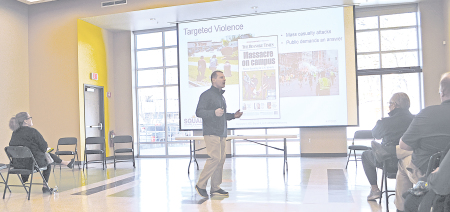Straightforwardness Was Ford’s Virtue – And His Limitation
Published:
January 3rd, 2007
By:
Morton Kondracke

In an Oval Office interview in 1976, I asked President Gerald Ford about charges made to me and many others by Indira Gandhi, prime minister of India, that the CIA was trying to overthrow her.
Ford said it was nonsense but declared that Gandhi was pro-Soviet and no friend of the United States. As he spoke, an aide sitting by got noticeably fidgety.
“Ah, excuse me,” the aide said. “Can we please make that off the record? It will cause no end of trouble with India.”
I agreed – then put the question to Ford again for what I expected would be a more diplomatic answer. The second answer was practically identical with the first and the aide just threw up his hands.
That was Ford – straightforward, honest, uncomplicated, salt-of-the-earth Midwestern, an Eagle Scout nearly incapable of dissembling.
He was just what the country needed after the traumas of Watergate – the product of former President Richard Nixon’s deviousness and paranoia.
Ford’s pardon of Nixon also was pure Ford. He saw that Nixon’s fate – prosecution and possible suicide – would preoccupy the country and dominate his presidency.
Continue Reading This Story
Subscribe now at half price for a limited time!
Author: Morton Kondracke - More From This Author
Comments








